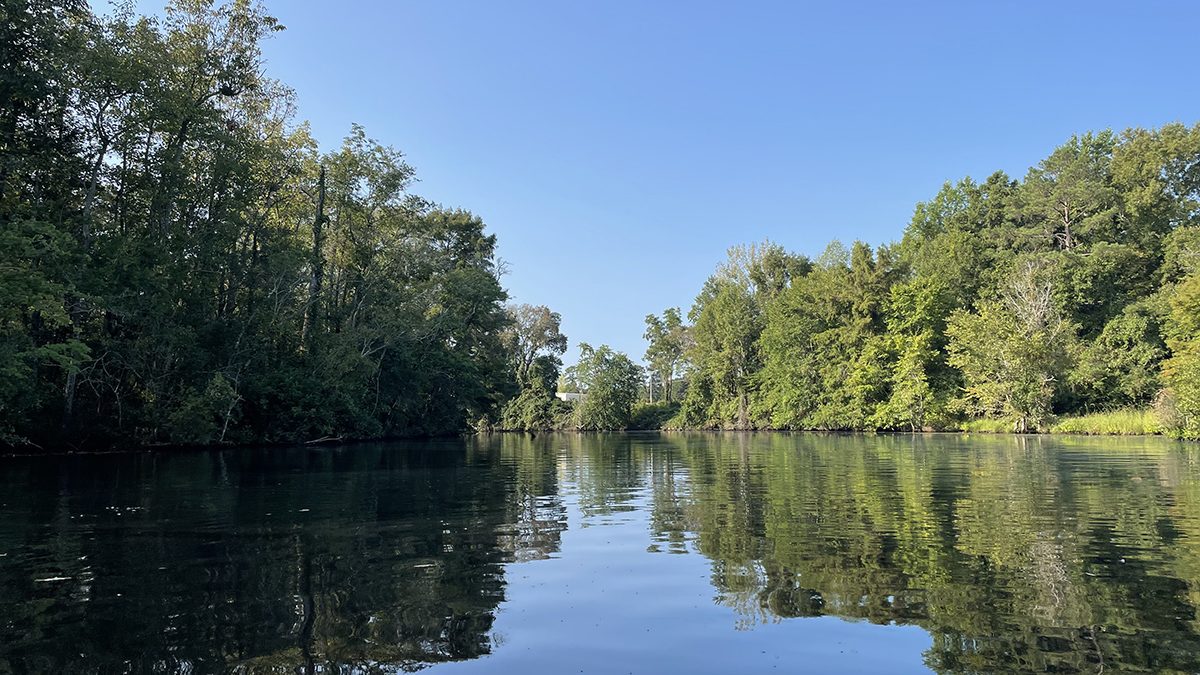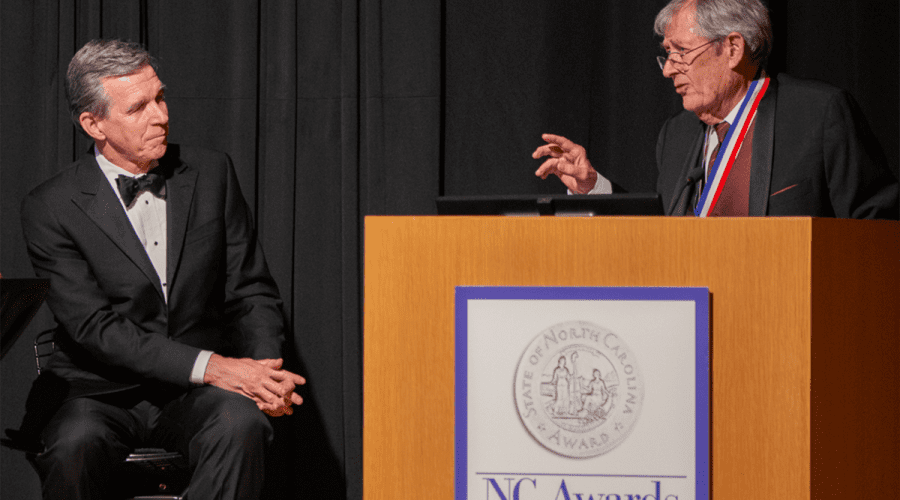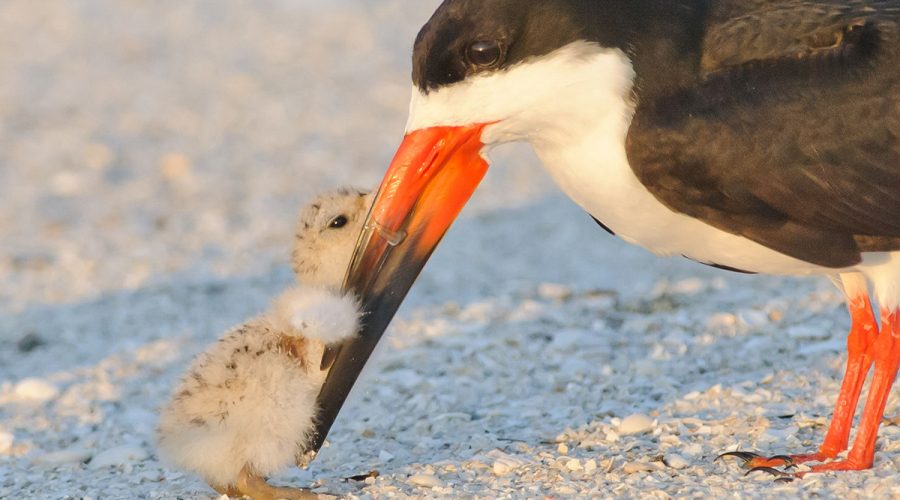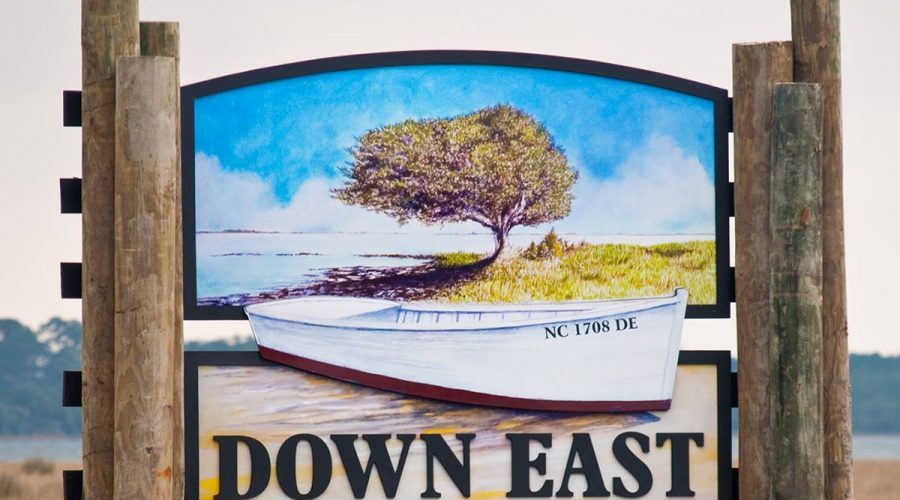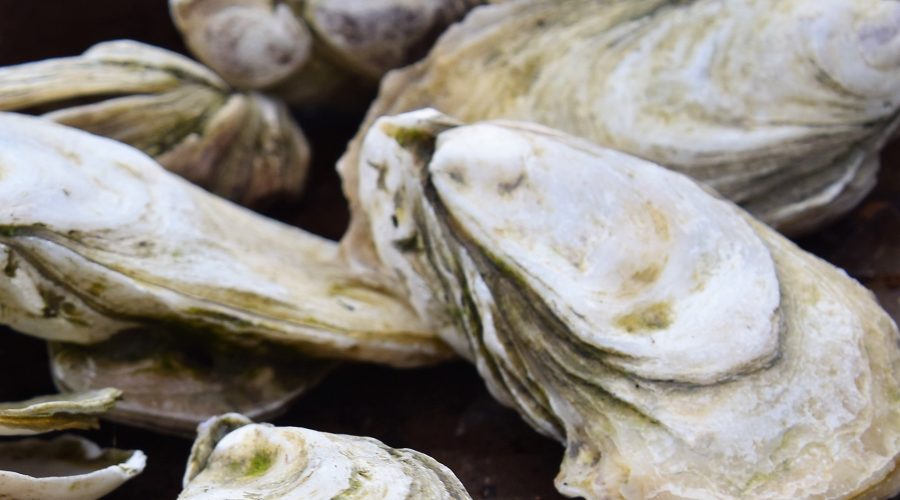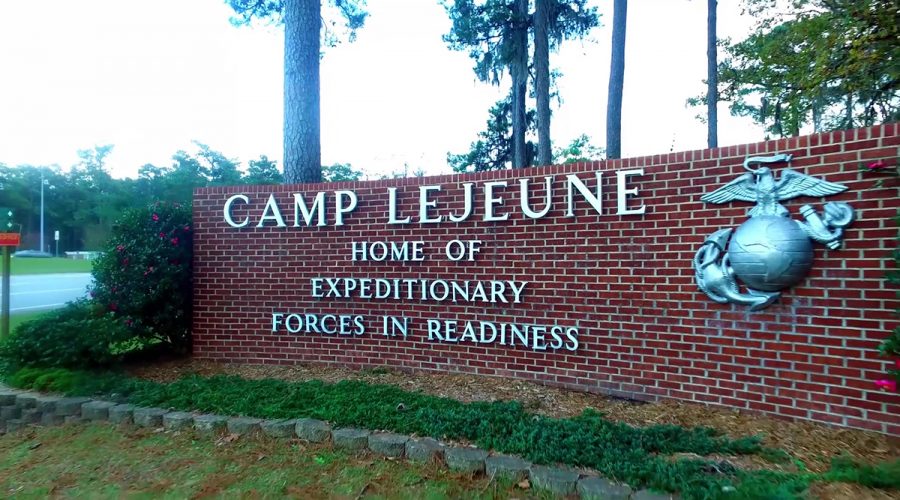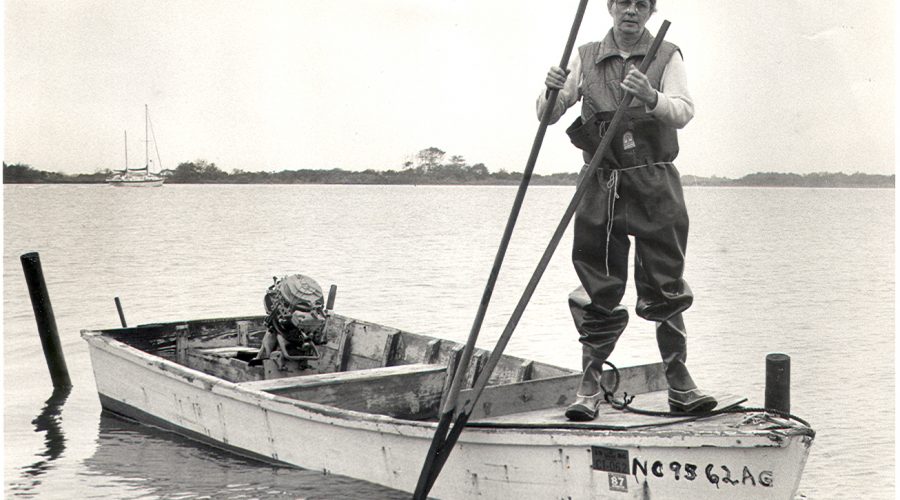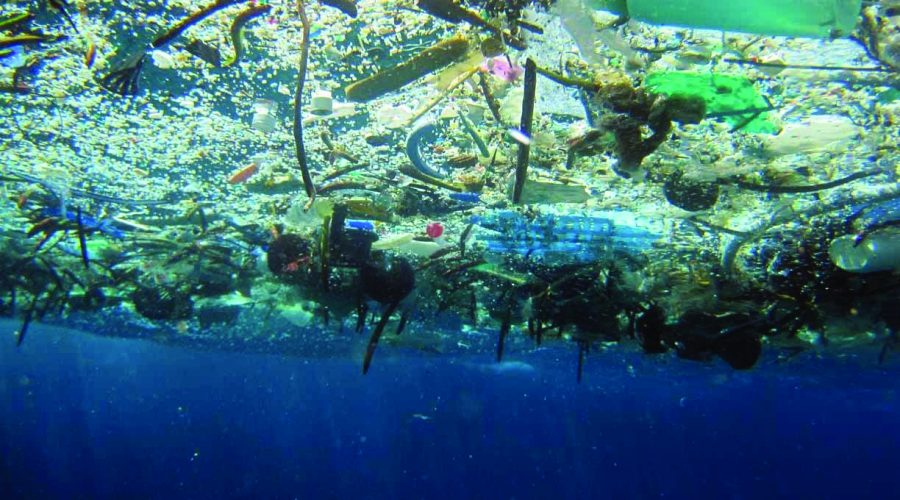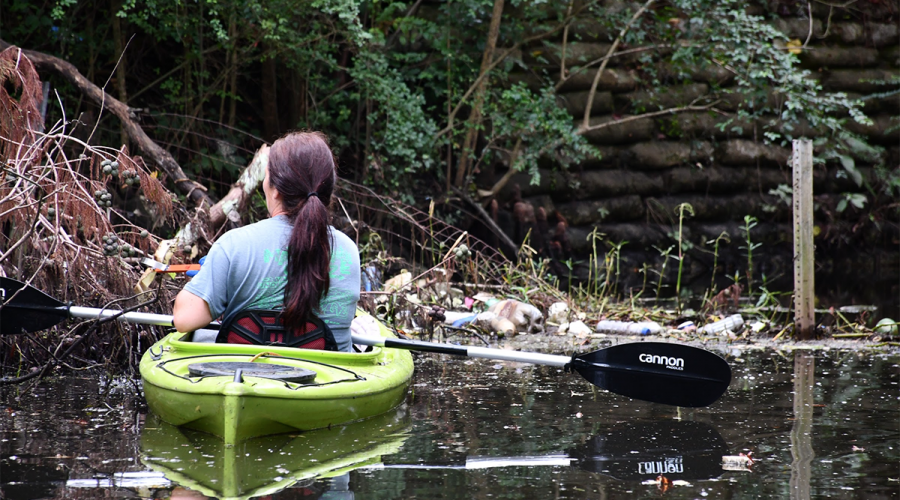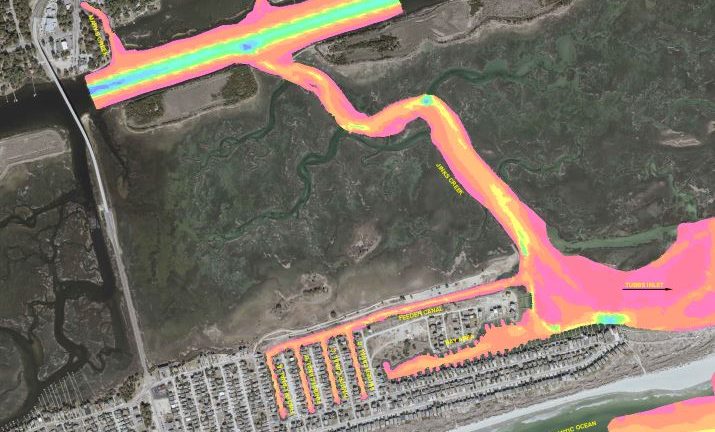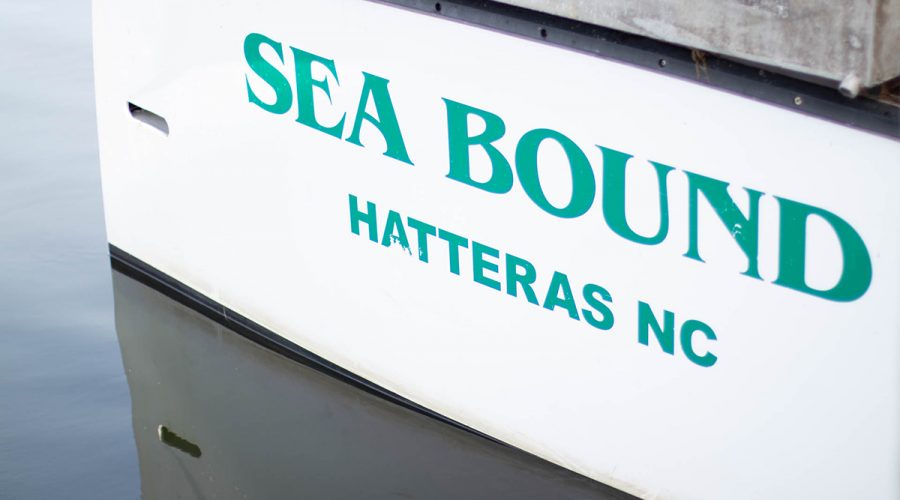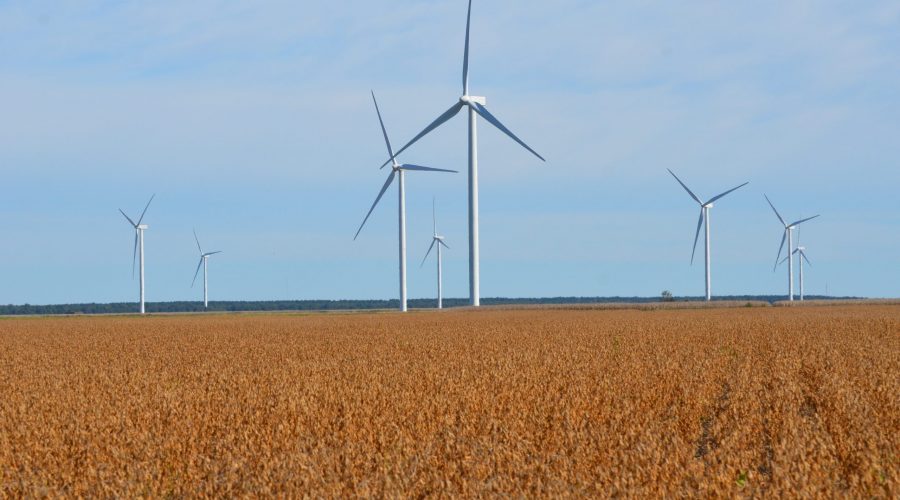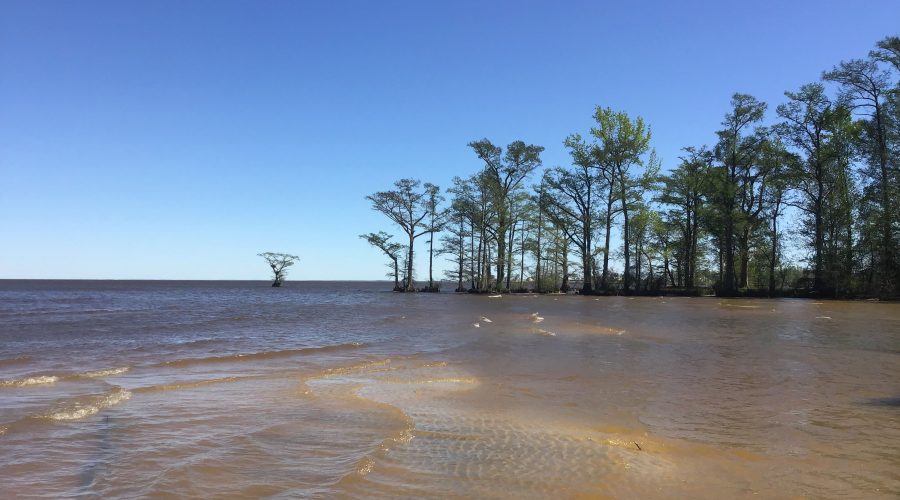UNC student Molly Herring shares her experiences and observations from a university trip up the North Carolina portion of the Roanoke River.
Guest Columns
NC’s watery world a mostly unwritten chapter of history
Marine geologist Dr. Stan Riggs, who recently received the North Carolina Award, the state’s highest civilian honor, writes that society must adopt a more humble approach to live with changing coastal dynamics.
Bipartisan bill would protect birds, beach communities
The Shoreline Health Oversight, Restoration, Resilience, and Enhancement Act would preserve coastal habitat while providing affordable, alternative sand sources used for beach nourishment projects, writes guest columnist Andrew Hutson of Audubon North Carolina
NC holds tools for clean economy with resulting benefits
The Environmental Defense Fund’s Michelle Allen writes that solutions are available for the transportation and power sectors to help North Carolina meet its climate goals, bolster the economy and reduce air pollution.
On current trajectory, NC won’t meet climate goals
Second in a commentary series by Michelle Allen of the nonprofit Environmental Defense Fund: The state, despite its leadership on climate policy, is on track to fall short of power sector carbon-reduction targets.
Order sets vital climate, equity goals; how will NC respond?
Guest columnist Michelle Allen with the nonprofit Environmental Defense Fund writes that Gov. Roy Cooper’s Jan. 7 executive order sends an important signal on addressing climate change and creating a more equitable future, but swift action is needed.
Down East shares grief, strength after tragedy
The world stopped for Down East communities Sunday when a private plane with eight passengers, six from Carteret County, went down after a duck hunting trip in Hyde County.
Oyster awareness: Shellfish benefit environment, economy
Guest commentary: North Carolina’s collaborative shellfish strategy includes public education efforts showcasing how oysters can be a catalyst for a resilient future, where people and ecosystems thrive.
Toxic exposure issue at military bases warrants action now
Jonathan Sharp, CFO with Environmental Litigation Group, P.C., writes that more needs to be done to address the health effects military veterans and their families have suffered as a result of exposure to toxic compounds during their service and time on installations such as Camp Lejeune.
Simple messages: North Carolina Coastal Federation at 40
Guest columnist John Runkle, one of the North Carolina Coastal Federation’s founding board members, writes that the nearly 40-year-old nonprofit’s mission has been guided by clear messaging, namely, “No wetlands, no seafood.”
Leadership, action needed to reduce plastic pollution
“Our coast is quite literally our lifeline. And it is being increasingly sabotaged by plastic. So why aren’t our businesses and policy-makers doing something about it? ” writes Oceana’s Randy Sturgill.
Guest commentary: Where plastic flows into the ocean
Kemp Burdette of Cape Fear River Watch and Ann Colley of the Moore Charitable Foundation write that there’s an overlooked connection in our own backyards that funnels plastics toward major bodies of water and eventually the world’s oceans.
Commentary: Does the Corps adequately protect the coast?
Dr. Richard Hilderman of Sunset Beach, where the Corps of Engineers has recently approved permits for a terminal groin, contends that responsibility for protecting the coastal environment has been placed in the hands of engineers, rather than natural resource agencies and coastal scientists.
Hatteras Village relies on commercial fishing, a safe inlet
Alana Harrison, Hatteras Village seafood market owner and fish dealer, worries that shoaling in Hatteras Inlet will cause local commercial fishermen to relocate to neighboring fishing ports.
NC Has Much to Gain from Wind Power
Guest commentary: North Carolina has too much to gain from wind industry to let disinformation from Texas grid failure go uncorrected.
Million-Acre Land Protection Goal Finally Met
Former Gov. James Hunt’s 20-year-old goal of protecting from development 1 million acres in North Carolina by 2010 was finally achieved late last year.

